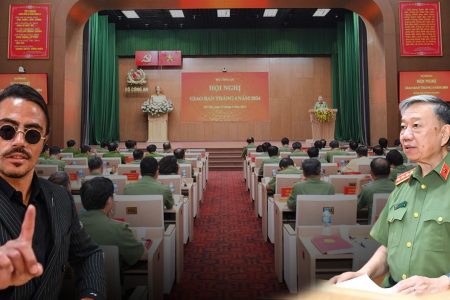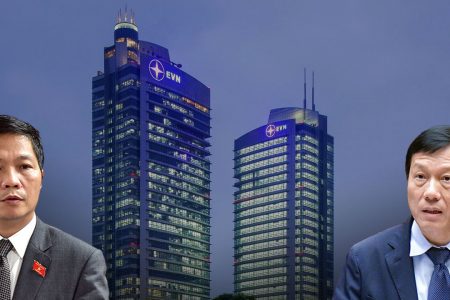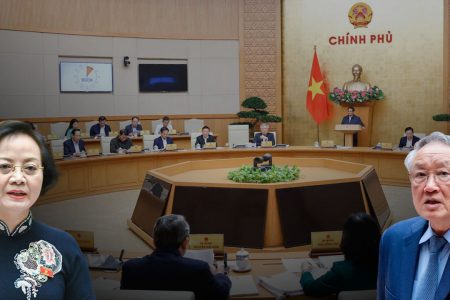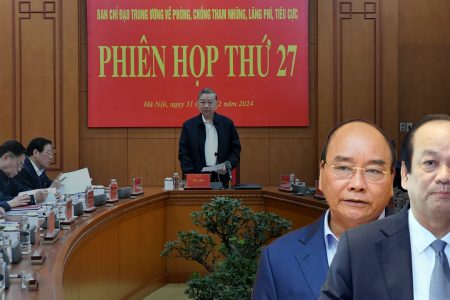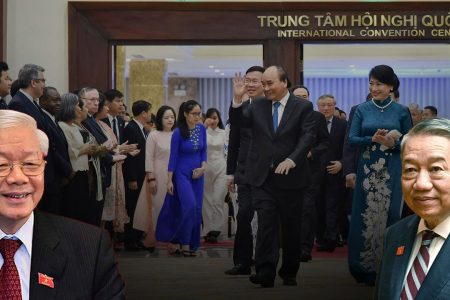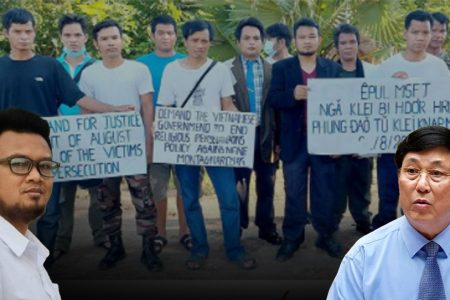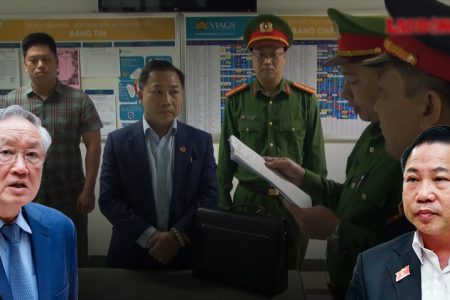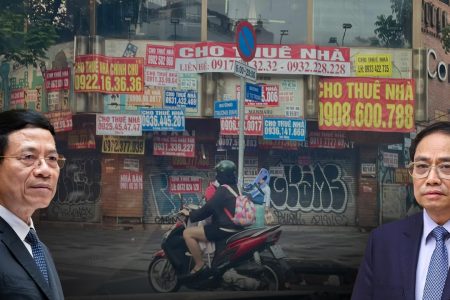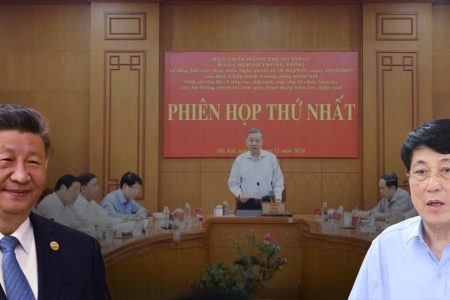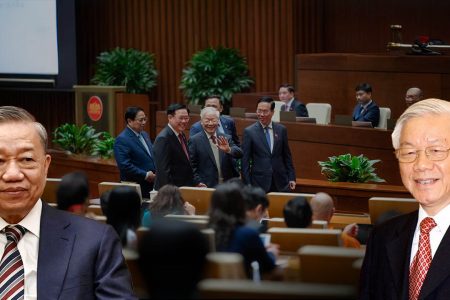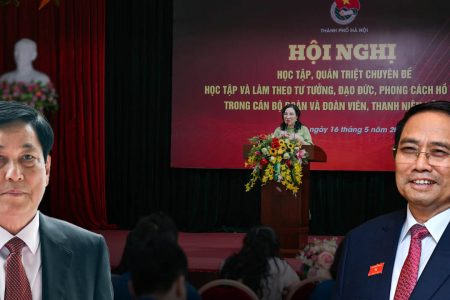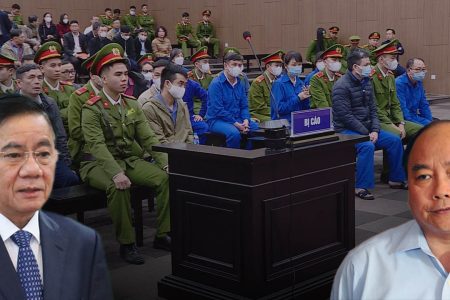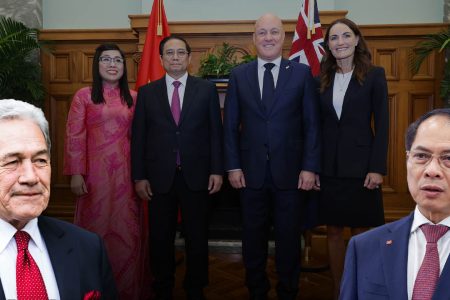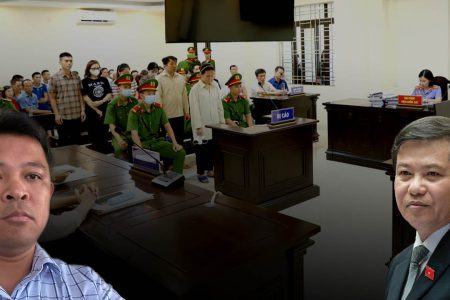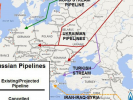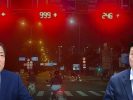
The proposal of the Vietnamese Ministry of Public Security to increase fines for traffic violations has caused much controversy. Notably, Decree 168 stipulates the level of support for individuals or organizations that provide information on traffic safety violations.
Accordingly, the reward for providing information once is not more than 10% of the fine and is up to VND5 million ($200). According to the ministry, the policy of encouraging and rewarding people to report traffic violations is a necessary measure to raise awareness of traffic law compliance in society.
Experts say that this is a “clever” measure to increase supervision, to turn people into the “eyes and ears” of the police force. However, information from people is difficult to be accurate, which can lead to misunderstandings or mishandling.
Public opinion believes that Decree 168 is of a “group interest” nature, aiming to exploit and benefit the police force. From there, it can create conditions for corruption and abuse of power in the traffic police force, especially when General Secretary To Lam comes from the police forces.
In addition, the issue of how to protect whistleblowers from retaliation or trouble after providing information is an issue that needs attention. Furthermore, there is a high possibility that there may be a situation of taking advantage of the policy to make false accusations for the purpose of personal revenge.
The issue of rewarding people who report traffic violations has received many mixed opinions on social networks and in public opinion. Some opinions say that attaching financial rewards to the act of denunciation can lead to people denouncing each other for personal gain, causing disunity in the community.
In addition, many people are concerned that encouraging recording and reporting violations may lead to privacy violations.

In addition, most opinions compare it to the past, when the Vietnamese government also mobilized and called on people to participate in denouncing corruption and were rewarded with money. However, in reality, there was no reward, but there were a number of cases where people who reported “corruption” were arrested and sentenced to prison, for the crime of abusing democratic freedoms under Article 331 of the Criminal Code.
That has raised concerns about the effectiveness and transparency of the above anti-corruption measures, when the Government regularly calls on people to contribute to fighting corruption. The case of Youtuber Duong Van Thai being kidnapped from Thailand to Vietnam, and sentenced to 12 years in prison, is a typical example.
Calling on people to denounce corruption, but not protecting them, even imprisoning whistleblowers, has created conflicts and reduced the effectiveness of anti-corruption efforts. This has caused people to lose trust in the Party and may weaken the spirit of solidarity in society.
According to analysts, the policy of using money to attract people’s participation is a policy that “does more harm than good” with little benefit but much harm. Because this will encourage negative behaviors in society.
At the same time, the policy of encouraging people to denounce each other goes against Ho Chi Minh’s ideology, because he once emphasized the principle of “making more friends, less enemies” in building social relationships. Denunciation of each other can also increase conflicts and divisions in society, creating suspicion and division in the community.
In short, using money to encourage people to denounce each other can bring about many negative consequences, undermine social trust, create conflicts, and go against the principles of building a united, peaceful, and developed society.
Tra My – Thoibao.de




